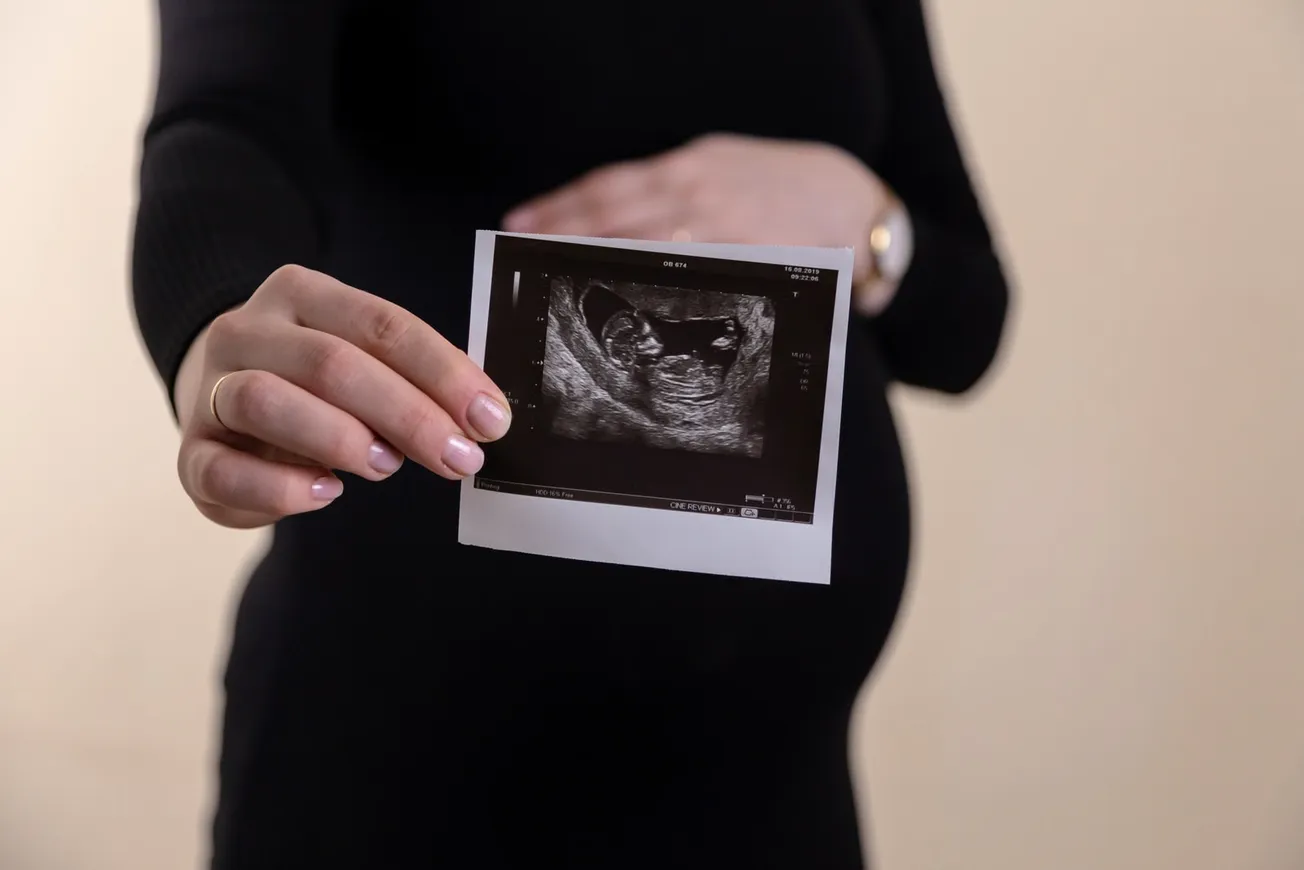Table of Contents
Michael Cook
mercatornet.com
Michael Cook is the editor of MercatorNet. He lives in Sydney, Australia.
The US Supreme Court has struck down two of the most famous decisions in American history, Roe v. Wade and Planned Parenthood v. Casey, which declared that a woman’s right to abortion was implicit in the American constitution. In a 6-3 decision the court declared on Friday:
The Constitution does not confer a right to abortion; Roe and Casey are overruled; and the authority to regulate abortion is returned to the people and their elected representatives.
The exact number is a matter of surmise, but according to the Texas Attorney-General, there have been nearly 70 million abortions in the US since the Roe v. Wade decision in 1973.
Democracy restored
The outcome of Dobbs v. Jackson effectively means that states are now free to restrict or even ban abortion — or to defend it. Having already passed “trigger laws”, 13 states have will have banned abortion within 30 days.
In other states, protections have been passed to strengthen the right to abortion. So half or more of the states will have banned or restricted abortion in the near future.
About 20 states have doubled down on abortion protections, some promising to become “safe havens” for women seeking abortions.
Divisive
What was once a moral and bioethical debate has become a touchstone for partisan allegiance — Trump v. Biden; Republican v. Democrat; East Coast and West Coast v. South and mid-West; flyover country v. chattering classes. It has even politicised the Supreme Court, which was once idealised as the embodiment of cool, Olympian objectivity.
US President Joe Biden, a Democrat, denounced Dobbs v. Jackson:
“This decision is the culmination of a deliberate effort over decades to upset the balance of our law. It’s a realization of an extreme ideology and a tragic error by the Supreme Court.”
However, Virginia governor Glenn Youngkin, a Republican politician with a national profile, released a statement which contradicted Biden at every point:
“I’m proud to be a pro-life Governor and plan to take every action I can to protect life. The truth is, Virginians want fewer abortions, not more abortions. We can build a bipartisan consensus on protecting the life of unborn children, especially when they begin to feel pain in the womb, and importantly supporting mothers and families who choose life.”
As Justice Samuel A. Alito Jr, who wrote the decision for the majority in Dobbs v. Jackson, observed, many Americans had never accepted the Court’s reasoning on abortion:
“Far from bringing about a national settlement of the abortion issue, Roe and Casey have enflamed debate and deepened division.”
Media bias
However, the existence of a division was barely evident in the American media, which stood with President Biden and the three dissenting justices.
Most medical associations (the President cited support for his stand from the American Medical Association and the American College of Obstetricians and Gynecologists) and bioethicists were horrified by the sudden reversal of nearly 50 years of a “constitutional right” to abortion.
Roe v. Wade enshrined “the fundamental right to privacy and liberty in matters of family and personal autonomy”, said the President — an analysis endorsed by nearly every major media outlet, including Nature and the New England Journal of Medicine.
What is striking about the media coverage is how little coverage is being given to the highly credible philosophical and scientific arguments put forward by opponents of Roe v. Wade.
For opponents of Roe, the issue is how to balance a woman’s right to personal autonomy against an unborn child’s right to life. For supporters, on the other hand, the issue is merely how to balance a woman’s autonomy against government regulation of her pregnancy.
President Biden’s statement, which exemplifies the latter view, never mentions the unborn child — except to refer derisively to a “rapist’s child” or “the child of incest”. Even Roe had acknowledged “the State’s important and legitimate interest in potential life”.
However, it seems that in the 49 years since Roe, talk of “potential life” has disappeared from the discourse of supporters. This is like opposing gun control without ever mentioning the victims of mass shootings.
Until the two sides agree on what the goalposts are, it will be difficult, even impossible, to decide where to place them.








![[The Good Oil] March 2026 Political Poll](https://images.unsplash.com/photo-1540910419892-4a36d2c3266c?crop=entropy&cs=tinysrgb&fit=max&fm=webp&ixid=M3wxMTc3M3wwfDF8c2VhcmNofDk1fHx2b3Rpbmd8ZW58MHx8fHwxNzIyMzkxNTI4fDA&ixlib=rb-4.0.3&q=80&w=1304)
